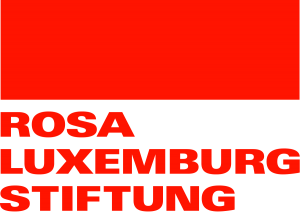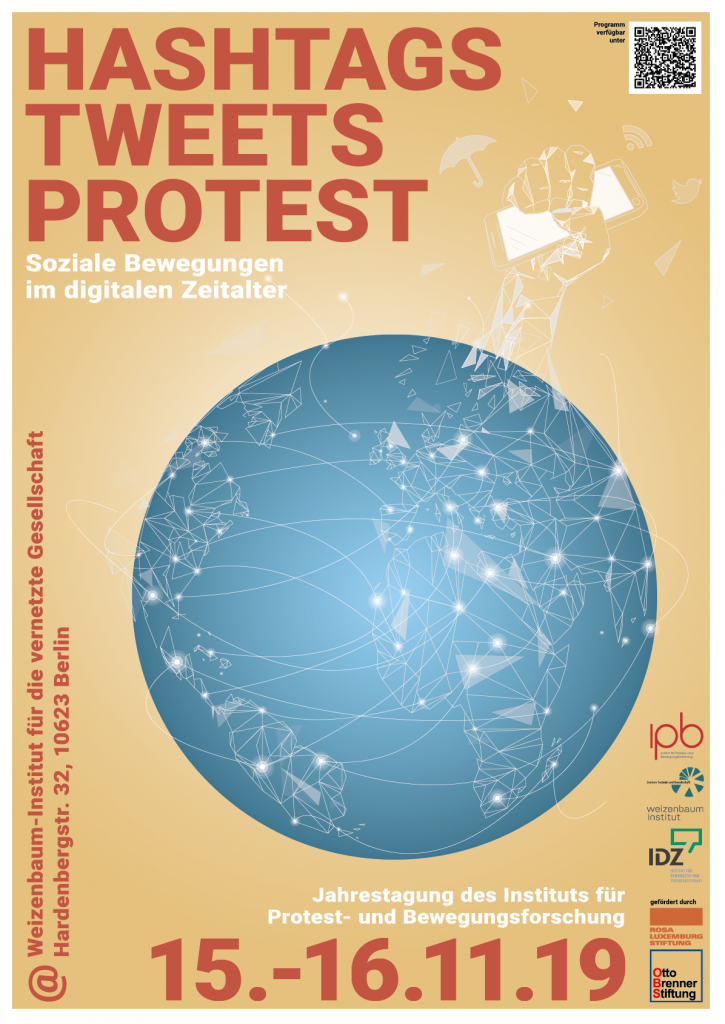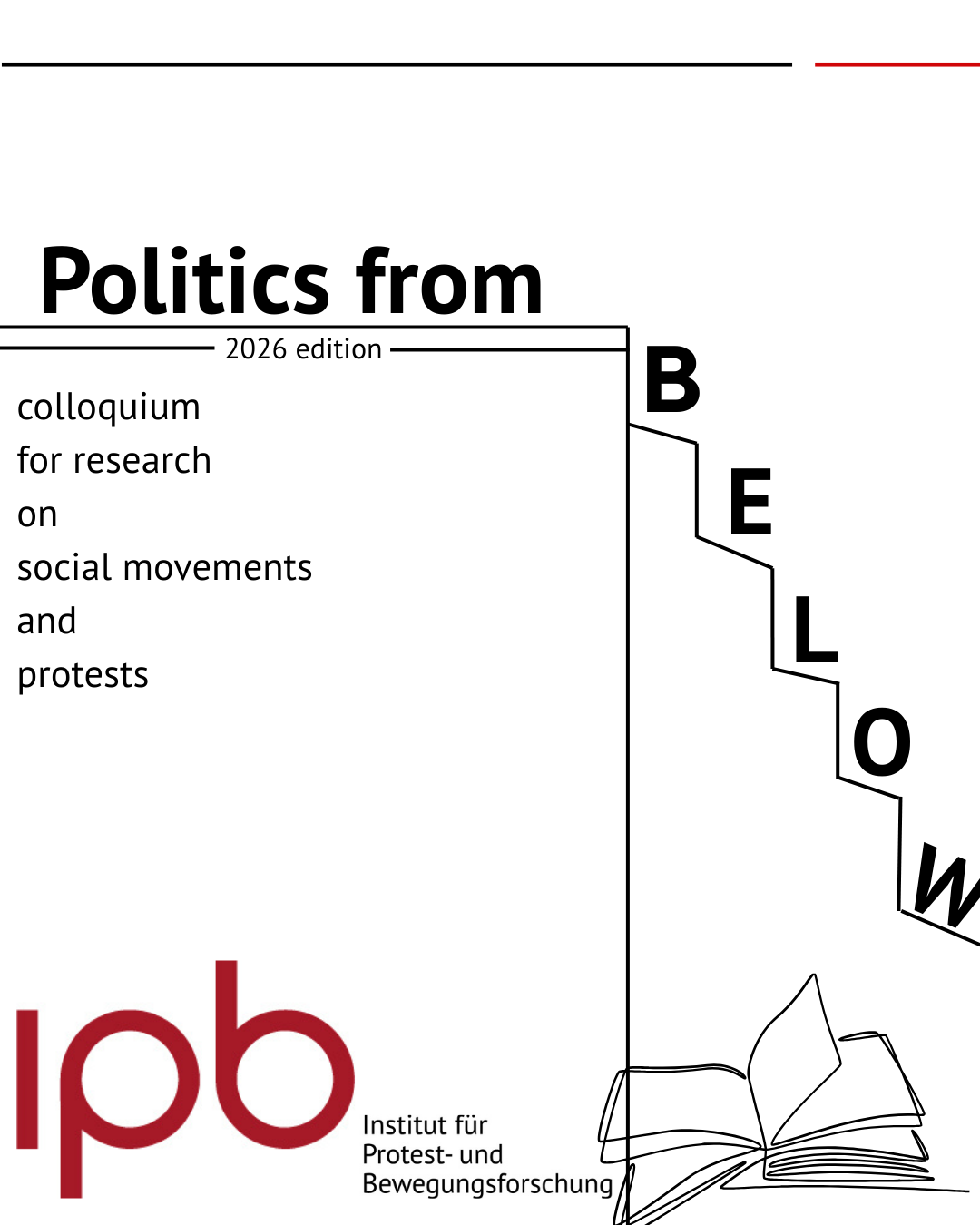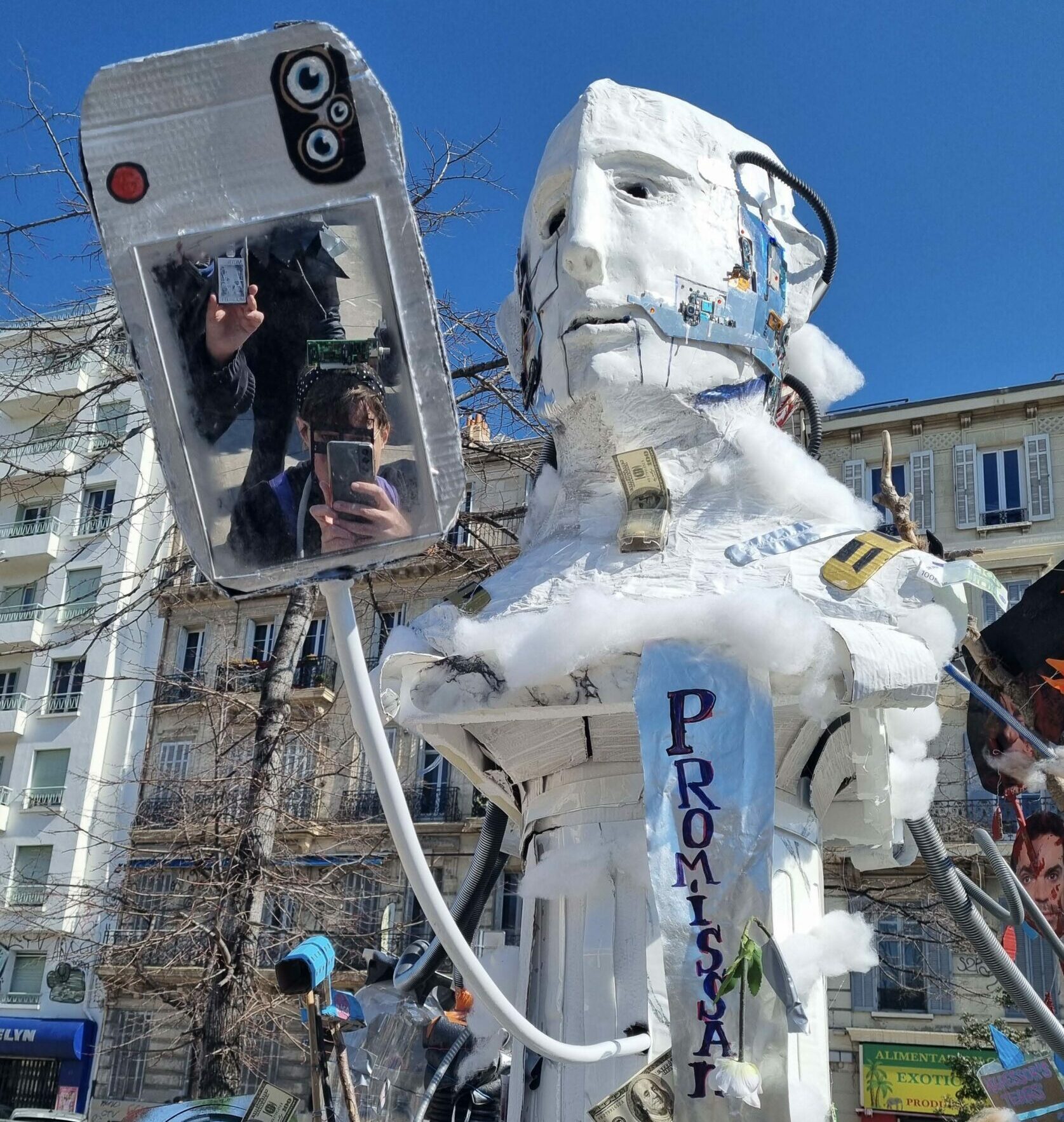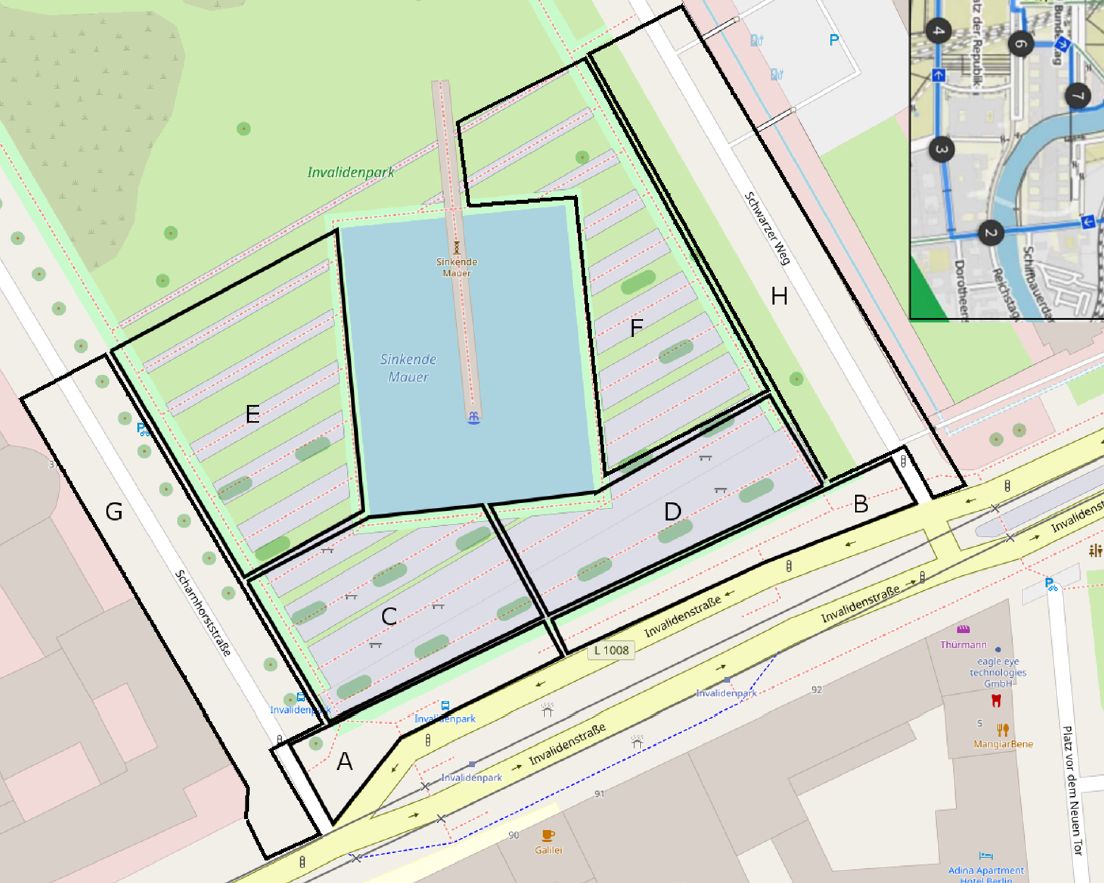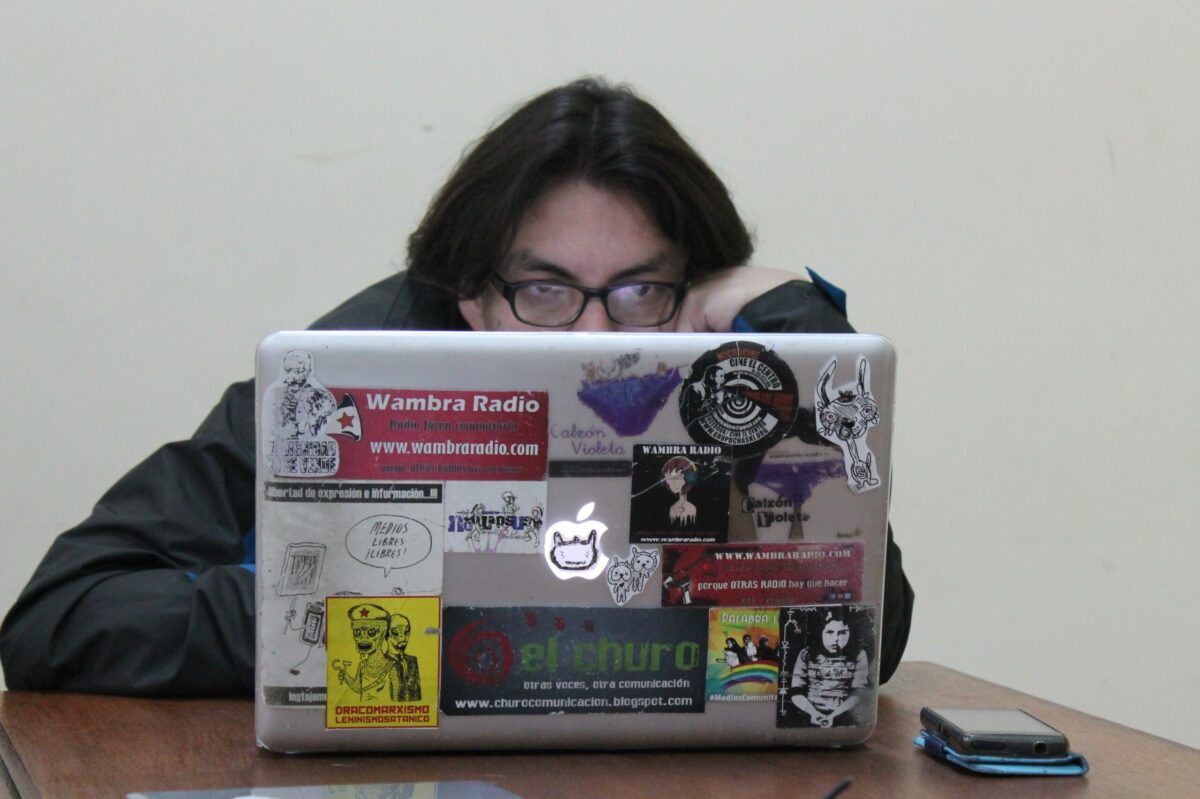Social Movements in the Digital Age
Annual conference of the Institute for Social Movement Studies
15 & 16 November 2019 at the Weizenbaum Institute for the Networked Society
[The conference is fully booked. Unfortunately, we cannot provide admission without prior registration. However, it is still possible to join the open and free Panel Discussion ‚What You See Is What You Get? The Present and Futures of Digital Activism‘ with Anastasia Kavada, Nhi Le and Peter Ullrich on November 15 at 19h].
Today, protest and counter-protest, rule and resistance can only be thought of in the context of a digitized society, its particular opportunities, dynamics and challenges. Digital communication determines our everyday life and the ways we inform, argue and express ourselves. Hashtags, Instagram Stories and YouTube videos are not only used today for self-portrayal, they are also central to collective action and political commitment. Protests at least have the potential to become globally visible through digital communication through images, tweets and streams. There are increasing numbers of digital movement entrepreneurs combining financial and political interests, who have a head start in the competition for attention on the Internet.
Digital interactions change our social relationships and thus also the form and functioning of social movements and protests. The digital context allows mobilizations to be initiated with less organizational effort; to participate is sometimes just a click away. Movements, only become visible and responsive through their digital work: as mass movements, they require digital co-ordination. This can turn power relations upside down. Thus, movements and marginalized groups have new opportunities to articulate their ideas and interests. And yet, the question arises which concerns and organizational methods benefit most from the digital sphere – and which lose the struggle for attention.
Recently, we have become aware of other downsides of digital organization: digital hate cultures. They use commercial platforms to disguise supremacist ideologies and set up their own forums where they co-ordinate political campaigns and attacks on political opponents. There is more surveillance and automation is increasing. Thus, the digital constellation harbors dangers such as isolation, repression, stigmatization, slander and censorship as well as an opportunity structure for right-wing actors – and for resistance from progressive civil society. In all cases, social networks create transregional public spheres that are indispensable and that influence politics and its cultural foundations.
This year‘s annual conference of the Institute for Social Movement Studies is dedicated to the challenges and opportunities for protest and movements in the digital age. Together, we ask: How do we understand protest in the digital context? How do organization and mobilization differ and complement one another online and offline? Does the structure of digital platforms have benefits for particularly reactionary movements? How can digital spaces strengthen emancipatory policy approaches? What methodological and empirical challenges are associated with research into movements and protest on the Internet?
Call for Papers: german /english (Deadline: 26 July 2019)
Contact: konferenz2019@protestinstitut.eu
Organizers: Maik Fielitz, Leslie Gauditz, Daniel Staemmler, Verena Stern, Matthias Quent, Sebastian Berg
Partners: The annual conference is organized in cooperation with the Weizenbaum Institute for the Networked Society, the Center for Technology and Society (ZTG) of the TU Berlin and the Institute for Democracy and Civil Society (IDZ) in Jena.
Registration: Registration for the conference has been closed on 24 September 2019.
Registered participants are kindly requested to transfer the conference fee of 50 € per person (reduced 5 € for persons who do not have the possibility to invoice the conference fee) to the following account by 08 November:
Verein für Protest- und Bewegungsforschung e.V.
IBAN: DE90 4306 0967 1147 0403 00
BIC: GENODEM1GLS
Bank: GLS Gemeinschaftsbank
Subject: Jahrestagung 2019
Financially supported by:

